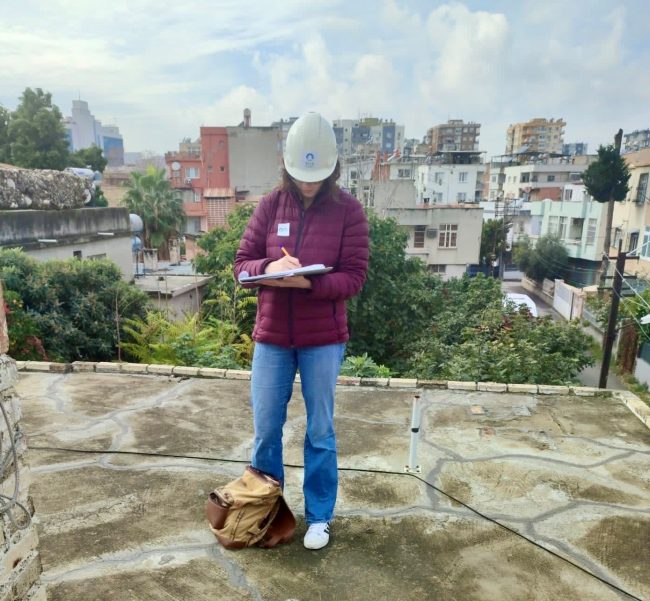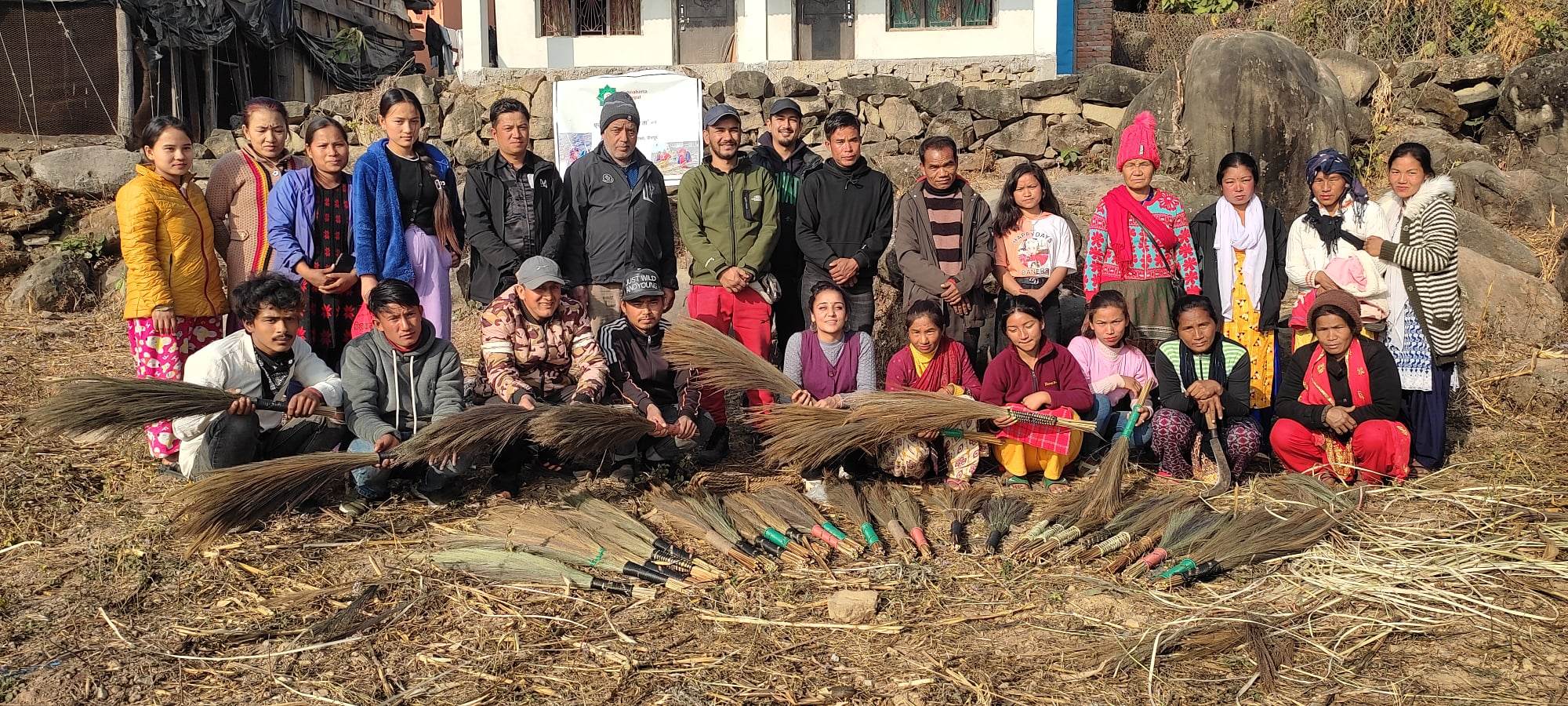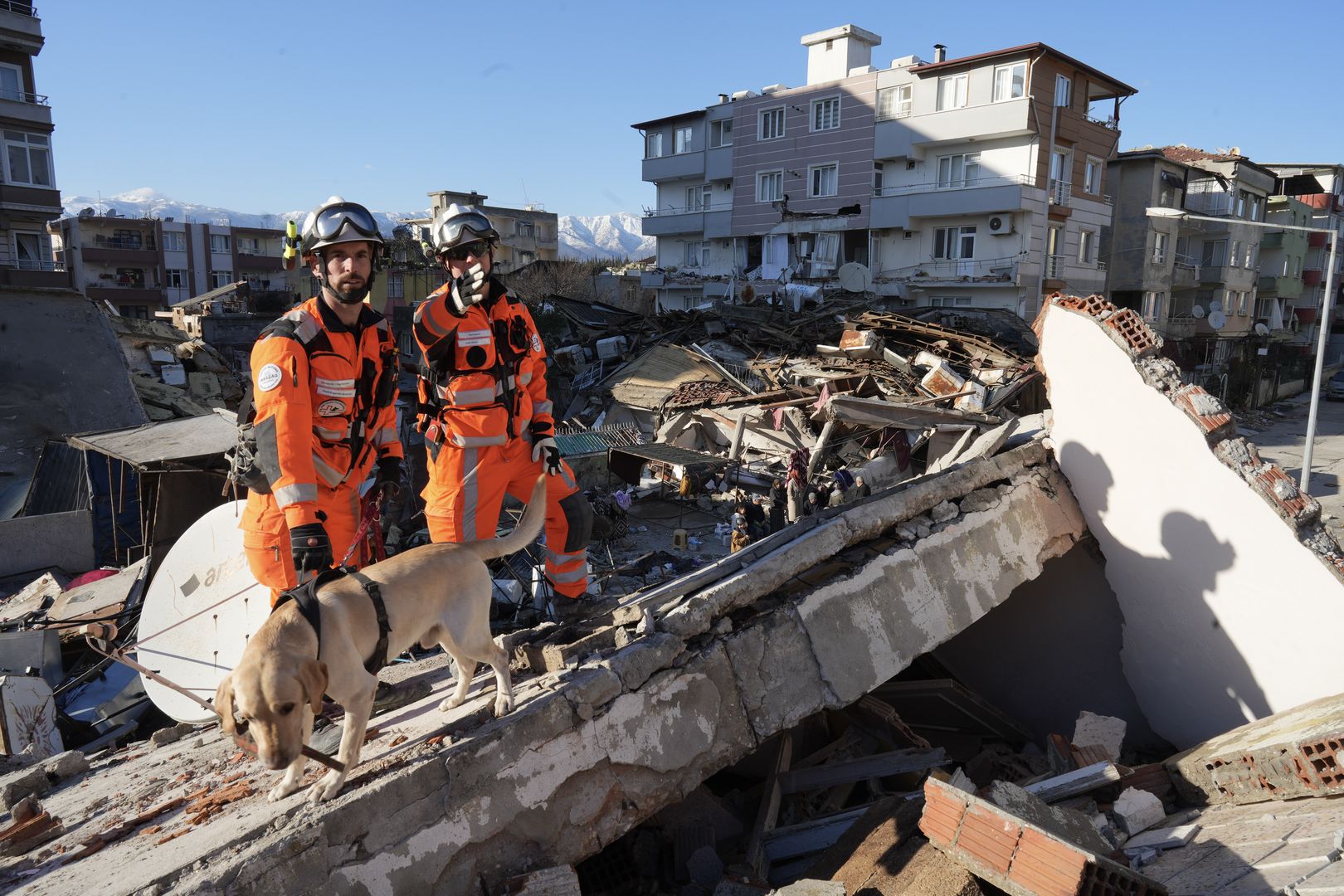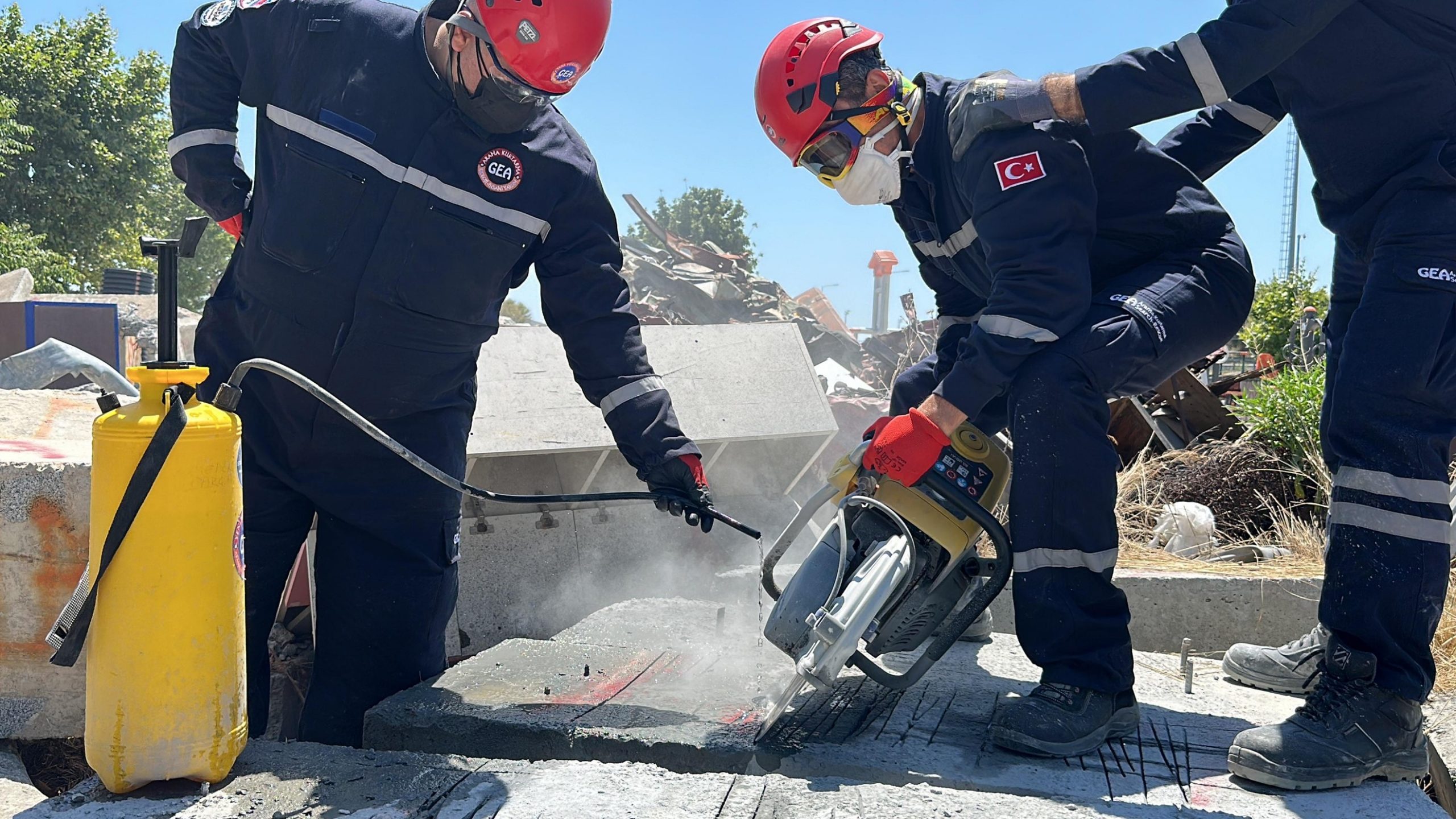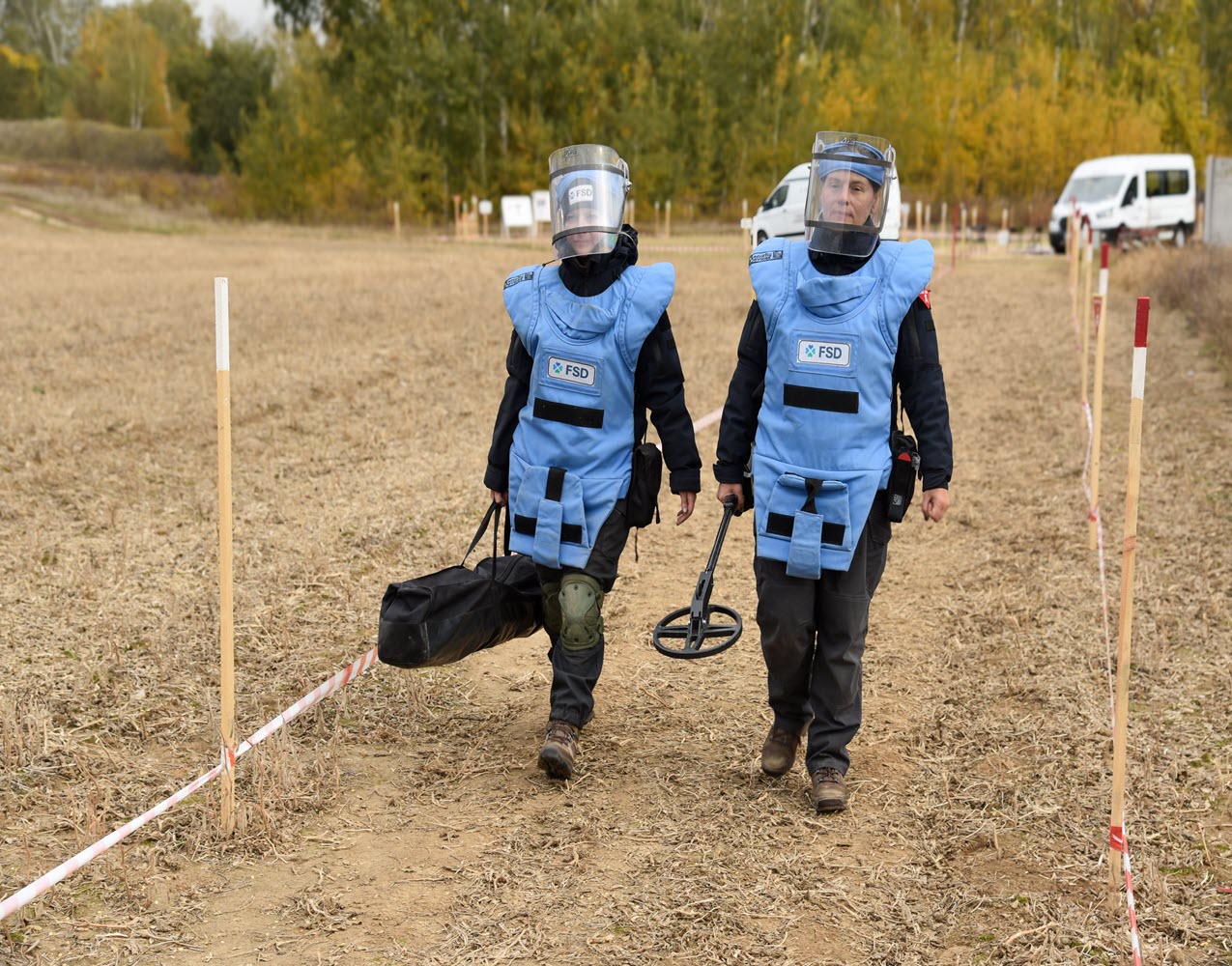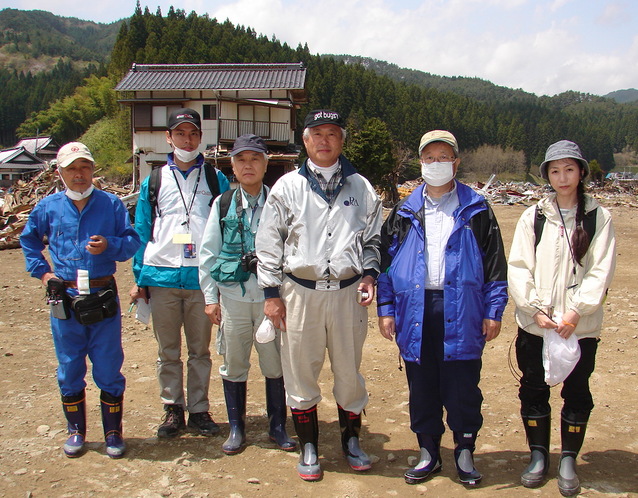
After the 2011 earthquake and tsunami, a combination of extremely hot weather and piles of debris and mud provided the ideal breeding ground for rats, flies and mosquitoes. Where pest populations are allowed to explode, these potentially disease-spreading animals can form a serious health threat.
Partner organization Nippon International Cooperation for Community Development (NICCO) had already implemented disinfection projects in eight municipalities, successfully preventing major pest outbreaks, before turning to this project. The JTI Foundation supported NICCO’s efforts to assist local governments in 10 municipalities in the prefectures of Iwate, Miyagi and Fukushima, preventing critical pest outbreaks.
Under this program, a team of pest control specialists was able to educate local governments in pest control techniques and assist affected communities. The team’s aim was to control the potentially critical outbreak of infectious diseases through mitigating pest prevalence and combating food poisoning.
This resulted in improved hygiene standards for the population as a whole with around 500,000 people in Iwate, Miyagi and Fukushima prefectures benefitted from this project.

OVER 20 YEARS OF INVESTMENT IN DISASTER MANAGEMENT INITIATIVES
Countries where we have supported our partners’ work in response to a growing range of threats to life and livelihood
Million USD invested since 2001 to help communities better prepare for – and recover from – natural and man-made disasters
Projects addressing a broad range of challenges, including mine-clearance, emergency shelter, resilient housing solutions and capacity building


